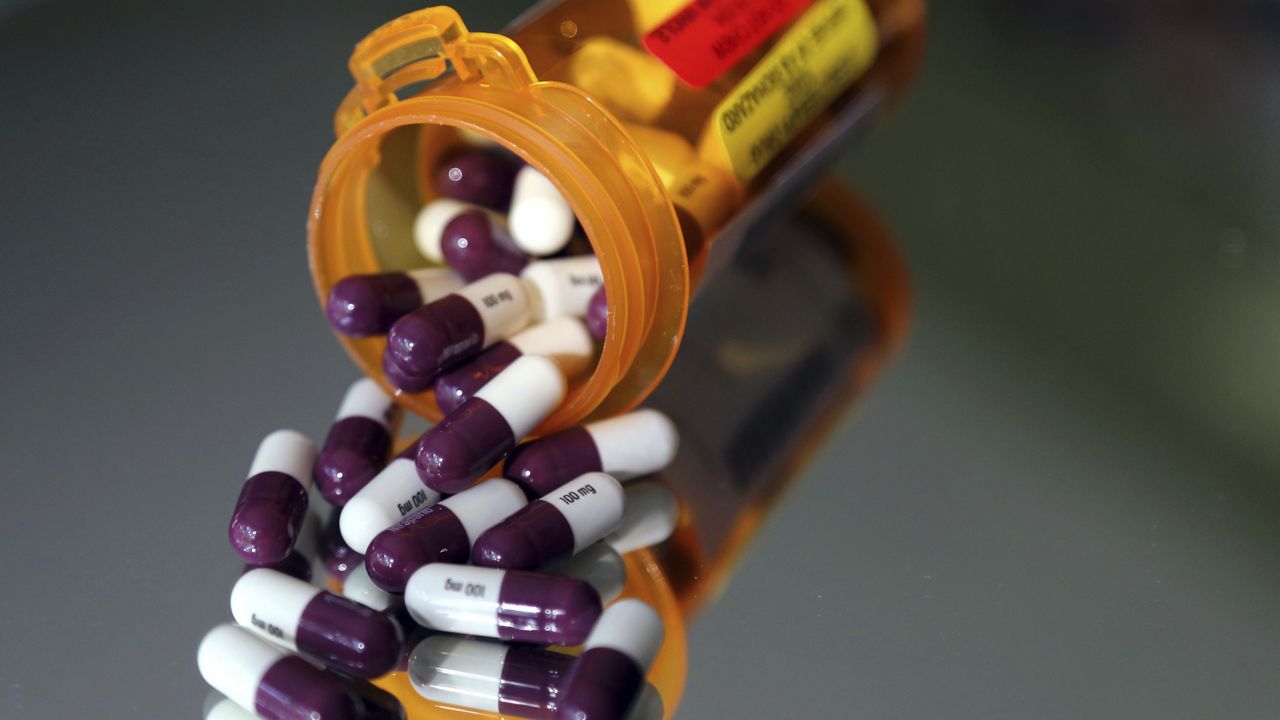The Biden administration released on Friday the names of 43 prescription drugs that may have lower copays between July and September of this year for Medicare Part B recipients.
What You Need To Know
- The Biden administration released on Friday the names of 43 prescription drugs that may have lower copays between July and September of this year for Medicare Part B recipients
- The drugs, which range from blood thinners to antibiotics, are subject to reduced copays under the Inflation Reduction Act if their prices rise faster than the rate of inflation
- Medicare Part B is additional coverage Medicare recipients can pay for to cover diagnostic, ambulance, mental health, and outpatient prescription drug services
- The price adjustments will kick in on July 1 and run through Sept. 30, but will be reevaluated each quarter
The drugs, which range from blood thinners to antibiotics, are subject to reduced copays under the Inflation Reduction Act if their prices rise faster than the rate of inflation. The White House estimates Medicare Part B recipients could see savings as high as $449 per dose, but possibly as low as just $1.
Medicare Part B is additional coverage Medicare recipients can pay for to cover diagnostic, ambulance, mental health, and outpatient prescription drug services.
The price adjustments will kick in on July 1 and run through Sept. 30, but will be reevaluated each quarter, meaning some drugs could be removed from or added to the list depending on how prices fluctuate.
“The Medicare prescription drug inflation rebate program is strengthening Medicare by making prescription drugs affordable for millions of people and discouraging drug companies from increasing prices faster than inflation,” said Dr. Meena Seshamani, a deputy administrator at the Centers for Medicare & Medicaid Services, on a press call Thursday. “It's also protecting Medicare for the future. Inflation rebates are just one of the important tools we have to address rising drug costs.”
Pharmaceutical companies are required to pay a rebate to Medicare for drugs whose prices increase faster than the rate of inflation, but the government won’t invoice the companies for rebates owed through 2023 and 2024 until 2025.
Medicare Part B spending on drugs per recipient grew an average of 9.2% a year between 2008 and 2021, the Department of Health and Human Services said in a new report released on Friday.
Starting in 2026, Medicare will be able to negotiate costs for some drugs for Part B recipients, though the negotiated prices won’t kick in until 2028.
“These provisions will lower costs for the Medicare program and help address high and growing drug prices in Part B for Medicare beneficiaries and taxpayers,” said Dr. Rebecca Haffajee, an official at the Department of Health and Human Services.
The pharmaceutical giant Merck sued the federal government earlier this week over the Medicare negotiation plan, calling it “tantamount to extortion.”
“Fundamentally, we're confident we will succeed in the courts,” a senior administration official said on the press call. “There's nothing in the Constitution that prevents Medicare from negotiating lower drug prices and we're confident we will succeed.”



